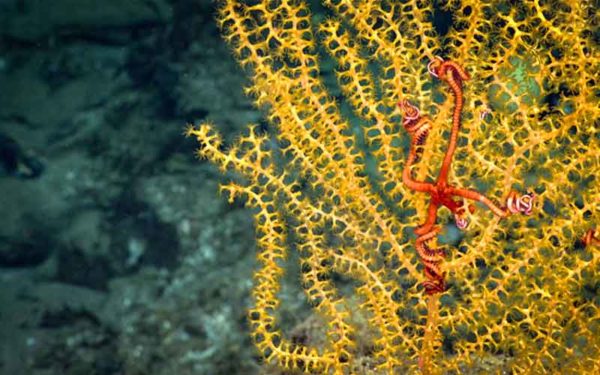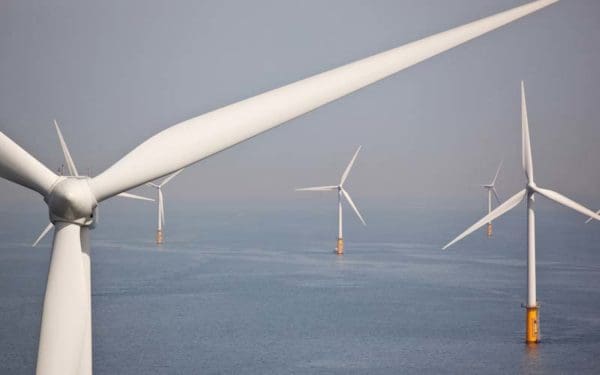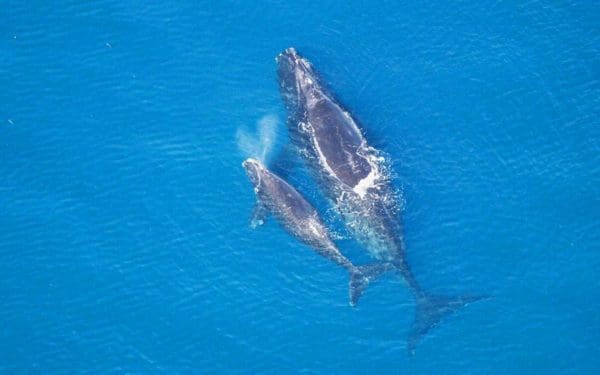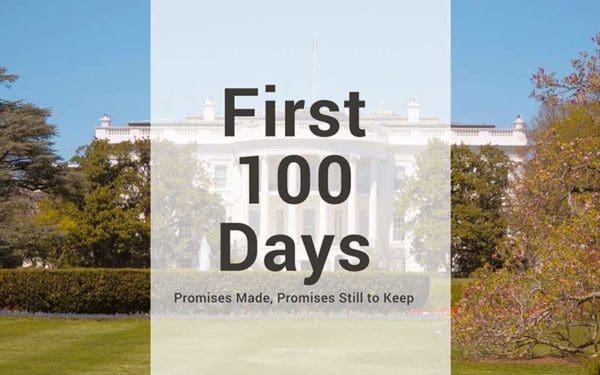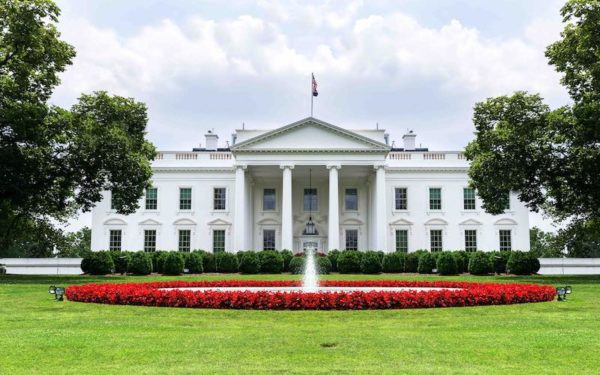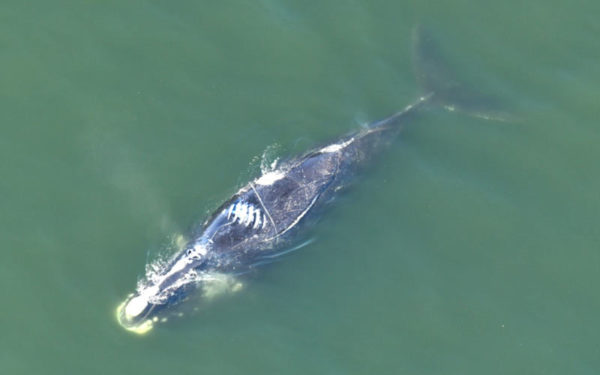Mar 09, 2021
Early announcements from the new administration give reason for optimism and could help us leave a healthy ocean for future generations. The emphasis on conserving protected ocean areas like the Northeast Canyons and Seamounts means the ocean has a shot at recovering from the damage humans have inflicted.
Mar 08, 2021
“Offshore wind is a critical piece of New England’s shift from polluting fossil fuels to clean energy,” said Priscilla Brooks, Director of Ocean Conservation at CLF. “Today’s news is an exciting step forward for the Vineyard Wind project and we look forward to reviewing the environmental impact statement. We will continue to work with Vineyard Wind and federal officials to make sure that this project moves forward quickly and in a way that avoids harm to endangered North Atlantic right whales as well as other ocean wildlife and habitats.”
Feb 08, 2021
From the second they are born to their last breath, North Atlantic right whales help our climate by making our ocean more resilient. We need to push for their protection so that they can do their part in helping to create a greater future for all.
Jan 30, 2021
Protected areas like the Northeast Canyons and Seamounts are critical in the fight to give these waters and species a chance to recover. We know that setting aside parts of the ocean leads to healthy marine life, which fuels an abundance and diversity of life in adjacent waters. That, in turn, supports our ocean economy, including commercial and recreational fishing and whale watching in the long run. Everyone wins.
Jan 29, 2021
Biden’s flurry of executive orders addressing climate change, conservation, and environmental justice has us optimistic. Now we must ensure his administration follows through and turns these orders into meaningful and actionable policy.
Jan 27, 2021
“Without strong action now, the climate crisis will devastate our communities, amplify injustice, and destroy ecosystems essential to human survival,” said CLF President Bradley Campbell. “President Biden is ushering in a new era for climate and environmental justice by prioritizing the needs of communities that have long borne the brunt of pollution and poor health. Conserving 30 percent of our lands and ocean will also allow thriving ecosystems to protect human and natural communities from climate changes already on the way. Today’s announcements are a welcome break from four years of all-out assaults on our environment.”
Jan 21, 2021
When President Joe Biden formally announced his administration’s climate team this month, you could almost hear the collective sigh of relief from people not just in our country but around the globe. Biden’s nominees will be charged with implementing his “ambitious plan to address the existential threat of our time: climate change.”
Jan 21, 2021
“Last summer, we watched in shock as President Trump effectively nullified the monument status of the Northeast Canyons and Seamounts by opening it to commercial fishing,” said Bradley Campbell, president of the Conservation Law Foundation. “Defending this monument is critical for protecting valuable species, confronting the climate crisis, and leaving a healthy ocean for future generations.”
Jan 20, 2021
“President Biden’s decision to rejoin the Paris Agreement rights an egregious wrong and will require bold U.S. leadership to make up for four years of climate denial,” said CLF President Bradley Campbell. “The only way we’re going to protect our communities, economy, and homes from the climate crisis is by leading internationally. President Biden must translate his campaign commitments into far more than the modest measures the U.S. put on the table when the Paris agreement was struck.”
Jan 13, 2021
“Roughly half of all right whale deaths are because they are run over and killed by speeding boats, and this unprecedented delay is only making matters worse,” said Erica Fuller, a senior attorney at Conservation Law Foundation. “It shouldn’t take a lawsuit to force regulators to make the common-sense decision to reduce vessel speeds in areas where right whales are present. The new administration must act quickly and avoid repeating the same mistakes of the Trump years.”
